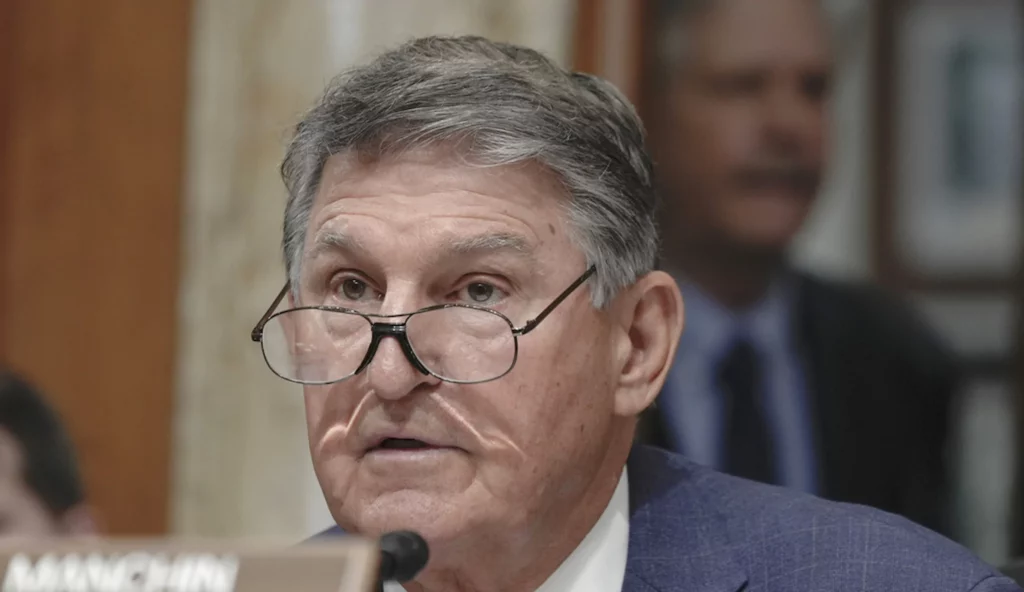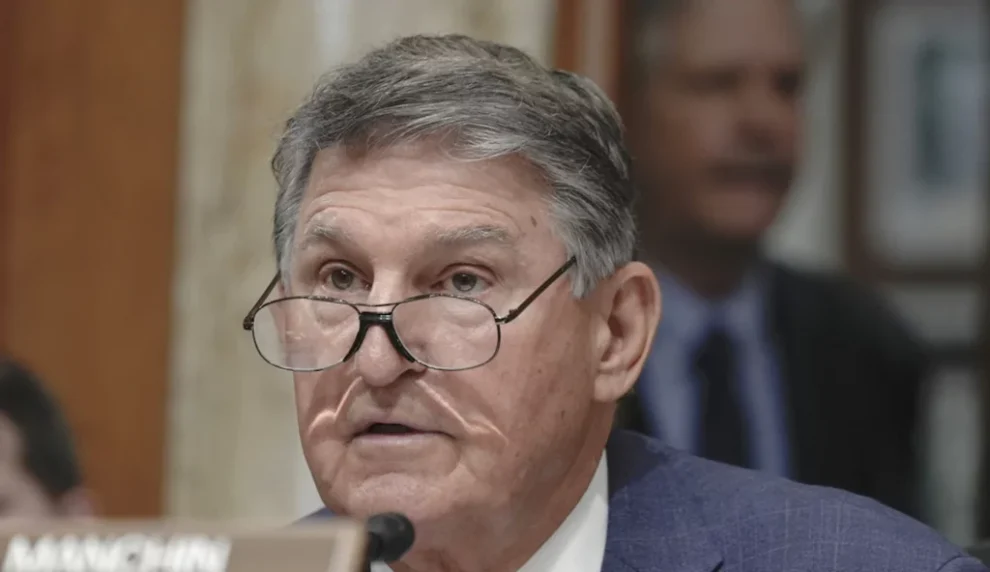Sen. Joe Manchin (I-WV) said his “pocket veto” on partisan judicial nominees is still in place, even as he acknowledged he made an exception last week based on a judge’s qualifications.
In March, Manchin announced he would not vote for any judge nominated by President Joe Biden who lacks Republican support, putting an obstacle before Senate Majority Leader Chuck Schumer (D-NY) in a chamber he controls by a single vote.
But Manchin, who caucuses with the Democrats, abandoned that approach Thursday when he helped advance the nomination of Kevin Ritz, a Tennessee judge opposed by all Republicans, including his home state senators.
Manchin said the vote was a “one-off,” blaming what he called Republican intransigence on the nomination. But he denied a larger break in his demand for bipartisanship.
“No, no,” Manchin said Wednesday. “The Ritz nomination was a one-off type thing.”
“I’m sticking with the policy,” he told the Washington Examiner.
“Sometimes, we look at the quality of the person and the experience level,” he added. “But I have never seen a situation where it’s been — you can’t go and talk to two or three or four Republicans” and find a vote of support.
He pointed to his vote for a California district court judge. The nominee, Michelle Williams Court, received the support of a single GOP senator, Sen. Susan Collins (R-ME).
At other times, centrists including Sens. Lisa Murkowski (R-AK) or Lindsey Graham (R-SC), the top Republican on the Judiciary Committee, will lend their vote.
Still, Manchin’s newfound willingness to make exceptions represents a glimmer of hope for Schumer, who is attempting to beat the record 234 judicial appointments set under former President Donald Trump.

Democrats have kept pace with the 200-some judges Senate Republicans confirmed by this point in Trump’s term. But they are expected to fall behind in September, a month in which Republicans approved 16 judges.
CLICK HERE TO READ MORE FROM THE WASHINGTON EXAMINER
Manchin, who will retire from Congress in January, has long butted heads with the Biden administration, and not just on judicial nominees. He refused to vote for the Build Back Better Act in 2021, effectively killing the White House’s signature tax and climate bill.
Manchin would later negotiate a pared-down version that became the Inflation Reduction Act.
























